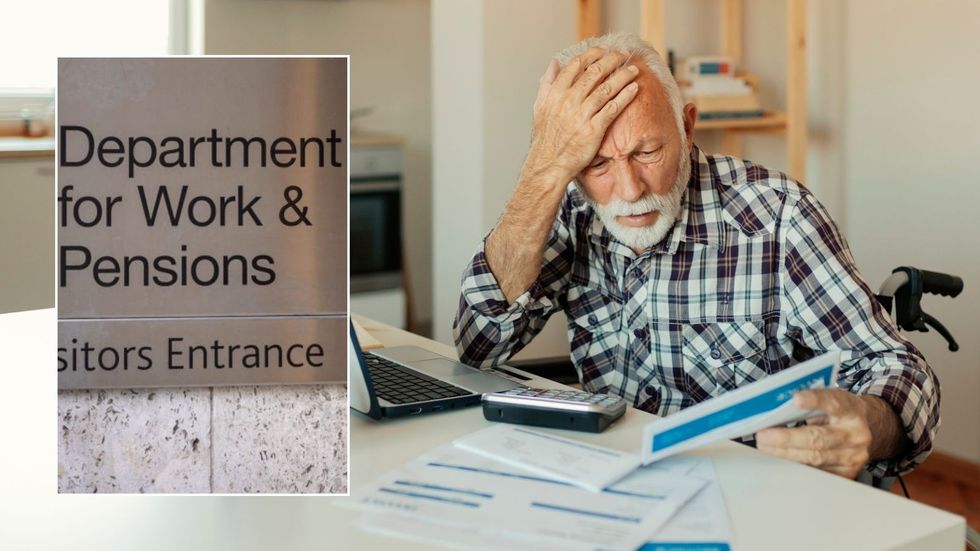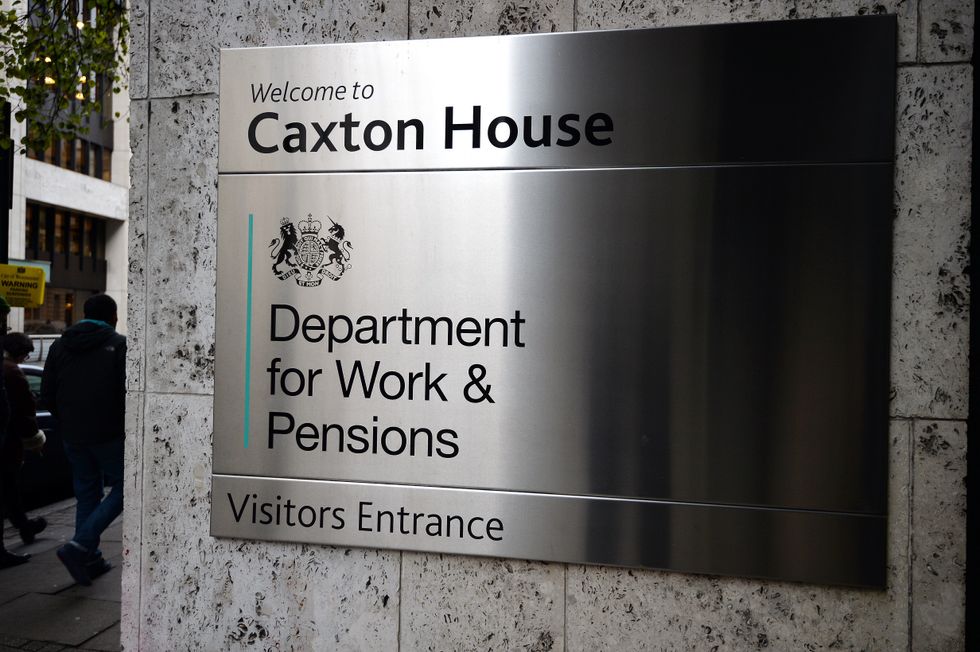DWP crackdown hits over 330,000 PIP claimants as benefit payments 'disallowed'
PIP is the primary disability benefit administered by the DWP
Don't Miss
Most Read
Trending on GB News
Nearly half of all Personal Independence Payment (PIP) claims were rejected by the Department for Work and Pensions last year, new figures reveal.
Data shared by Work and Pensions minister Sir Stephen Timms shows the DWP "disallowed" 332,800 claims at assessment during the 2023/2024 financial year.
The DWP minister revealed the figures in response to a parliamentary question from Liberal Democrat MP Steve Darling.
"Of these, 13,500 were subsequently awarded PIP following an appeal, which is four per cent of all who were initially disallowed while 18,900 appeals have not been cleared yet," Timms stated.
The data includes appeal outcomes up to the end of September 2024. Timms noted that more appeals could be made and completed after this date, meaning the numbers may change.
Do you have a money story you’d like to share? Get in touch by emailing money@gbnews.uk.

DWP is "disallowing" thousands of PIP payments
GETTY
He added that the figures should "be used with caution" as they represent unpublished data that "may be subject to future revision."
This high rejection rate comes as the DWP faces criticism for providing "unacceptably poor service" to disability benefits claimants, according to a recent Public Accounts Committee report.
The committee highlighted significant concerns about how the department handles disability benefit applications.
In recent years, claimants have cited longstanding issues with the PIP assessment process, which many disability advocates have described as flawed.
 Claims for disability benefits have shot up since the Covid-19 lockdowns PA
Claims for disability benefits have shot up since the Covid-19 lockdowns PAThe data shows that while nearly half of all claims are rejected initially, only a small percentage are overturned on appeal.
Many claimants face lengthy waits for their appeals to be processed, with 18,900 appeals still pending resolution.
Shelley Hopkinson, head of policy and influencing at Turn2us, criticised the impact of DWP delays on vulnerable claimants.
"DWP delays and poor communication disrupt claims, causing hardship for Disabled people who depend on these benefits for financial security," she said.
LATEST DEVELOPMENTS:
 The DWP administers various benefits including the state pension and PIP GETTY
The DWP administers various benefits including the state pension and PIP GETTY "People we speak to tell us that when payments are delayed, they struggle to afford basic essentials and care, their health deteriorates, and the stress can affect their ability to work."
Hopkinson urged the Labour Government Government to prioritise creating a "fair, efficient, and accessible social security system."
She called on the DWP to "act now to fix failings that leave people without support".
Turn2us has emphasised that the government must work with disabled people to ensure the system "truly meets the needs of those it serves."







